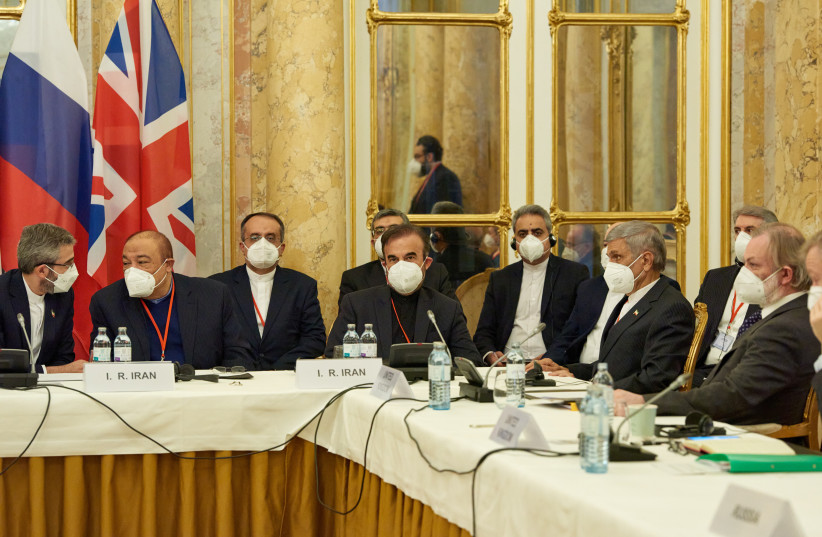US Secretary of State Antony Blinken on Friday held a "productive" meeting with counterparts from Britain, Germany and France, including a discussion of the Iran nuclear deal, a State Department spokesperson said on Saturday.
Talks between Iran and world powers over reviving a 2015 nuclear deal resumed in Vienna on Thursday.
"Secretary Blinken had a productive meeting with his E3 counterparts from Germany, France, and the UK in Liverpool yesterday. They discussed the JCPOA (Joint Comprehensive Plan of Action) talks and our way forward,” the State Department spokesperson said.
The meeting took place in the northern English city of Liverpool on the eve of a G7 foreign ministers' meeting which is expected to result in a joint call for Iran to moderate its nuclear program and grasp the opportunity of talks in Vienna.

Under the original nuclear deal that then-President Donald Trump abandoned in 2018, Iran limited its nuclear programme in return for relief from US, European Union and U.N. sanctions. The West fears the program would be used to develop weapons, something Tehran denies.
